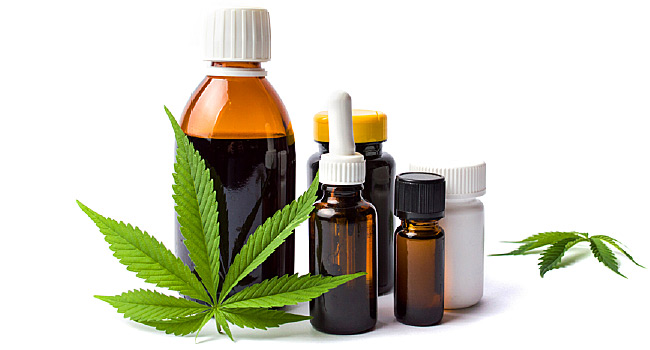Looking for the CBD oil that is an ideal fit for you and your family can be challenging if you aren’t entirely sure what you’re looking for specifically. For sure, you will come across these two terms at the least, which appear to be the exact opposite of each other: organic CBD oil and non-organic CBD.
Usually, the options come down between these two, and consumers choose one over the other for different reasons. Mainly, organic products appear to be healthier, while non-organic CBD products are generally more affordable than their organic counterparts.
It is best to equip yourself with enough knowledge to prevent manufacturers from luring you in with misleading or confusing labels.
Why is Organic CBD Important?
Going for organic products can mean several different things: for you, your family, and the environment.
Organic CBD is valuable for two primary reasons: our health and the health of the planet we call home.
Why is Organic CBD Better for your Health?
Whenever we do our groceries, most especially for products that will be used at home, there’s one question that we try our best to answer before completing the purchase, “Is this good for me and my family’s health?”
Buying CBD oil is no different. Whether it’s for reducing pain, maintenance of our optimal mood, easing anxiety, or enhancing the skin’s appearance, the last thing we want to happen is to use products that have large quantities of harmful chemicals.
Opting for organic CBD oil assures that you take in products that are free of synthetic chemicals and that it was harvested, cultivated, and processed without being exposed to toxic agents or additives.
Why is CBD Better for the Environment?
Some of the benefits of using natural products to the environment include:
Fewer Chemicals in our Oceans
Since everything we use eventually ends up in bodies of water, particularly in the oceans, the consequences of using fertilizers and pesticides can be disastrous. Such products harm biodiversity or create unusually fast microbial growth. Organic fertilizers and pesticides don’t affect our oceans in the same way.
Additional Pollinators
Synthetic pesticides are unable to distinguish between good and harmful insects. As a result, it ends up killing many pollinators, which are an essential part of any ecosystem. Organic farming preserves biodiversity by resisting pests instead of harming them as no part of the ecosystem ought to die.
Better Quality of Fields
Chemical pesticides sprayed on non-organic crops eliminate pretty much everything in the soil, including beneficial microbes that fertilize it. Due to a lack of fertility, farmers are forced to add chemical fertilizers to the ground. Even the additional fertilizers wouldn’t make-up for the missing nutrition; eventually, the soil will lose all of it. Organic farming ensures that the soil retains its natural fertility, which considerably extends the viability of the same piece of land for agriculture.
It’s become clear that organic products are a healthier and safer option. However, some manufacturers take advantage of these products’ popularity by labeling almost anything as organic. As a consumer, you should do your due diligence before trusting the “organic” label.
